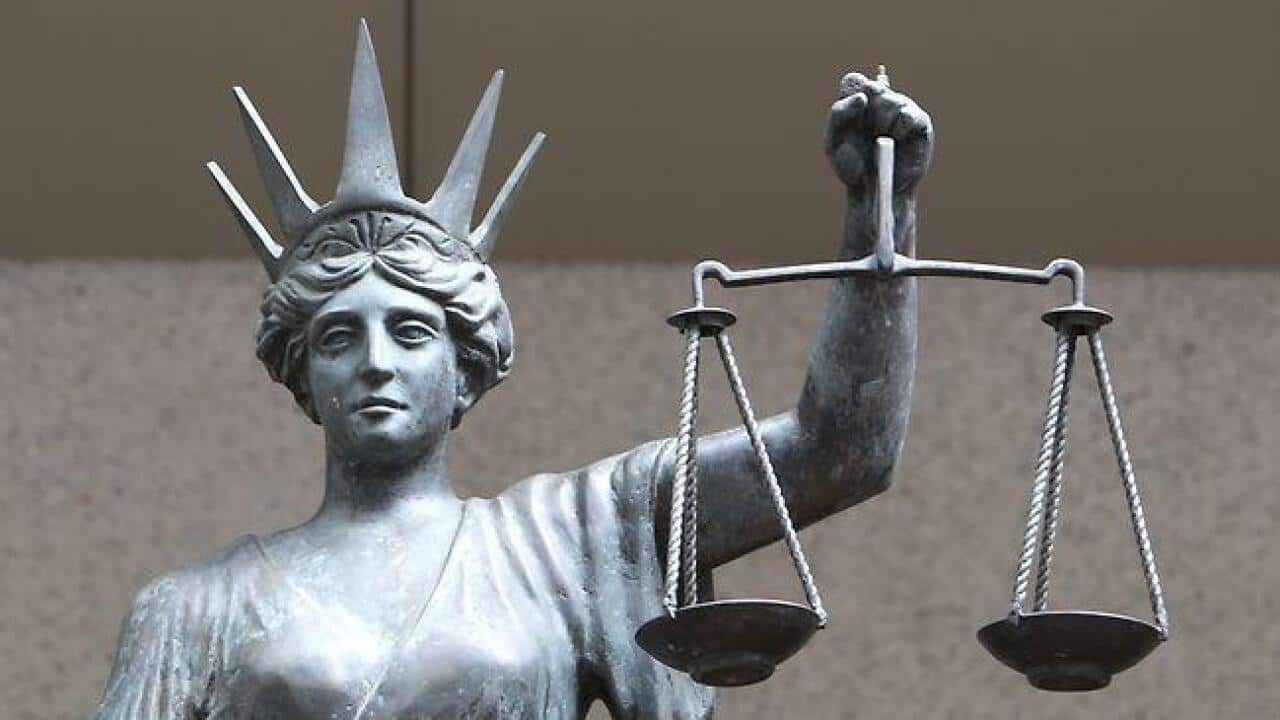An autistic boy was molested by a carer at a state-run facility in Victoria, but the man was never charged because of insufficient evidence, an inquiry has heard.
The boy's mother told the Royal Commission into Institutional Responses to Child Sexual Abuse that her son, known under the pseudonym CDL, was 13 and living at a Melbourne facility when he told his father about the sexual abuse.
She said because of CDL's communication difficulties and emotional fragility a 1998 police investigation was put on hold until 2008, when CDL was 23 and able to make consistent disclosures.
The young man described to police taking showers with the carer, and being told things such as: "it is medicine, I'm going to give it to you", "suck it like a lollipop", and a reference to another sex act, the mother said.
The accused man vehemently denied the allegations, the commission heard.
Related reading

Judges to feel abuse inquiry glare
The mother said the investigating police officer told her that although CDL was very consistent in his descriptions, the decision had been made not to lay charges.
"The main reason she provided for the decision was that the DHS (Department of Human Services) staffing records, which would show (the carer) worked with (CDL) at the DHS residential facility alone, could not be located," she told a public hearing of the commission in Sydney on Tuesday.
However, Victorian Police Assistant Commissioner Stephen Fontana said a decision was made not to charge the carer because CDL couldn't elaborate on the circumstances he described, and because it was determined he wouldn't be able to manage cross examination.
Questioned about the lost records by counsel assisting the commission David Barrett, Mr Fontana said such a thing would not happen today.
"I think we've come a long way," he said.
"We've got much better case-management systems now and all the relevant records would have been obtained."
He conceded that because the case never went to court, a Working With Children check on the carer wouldn't reveal he had been investigated for child sexual abuse.
The royal commission case study is looking at how the requirements of the criminal justice system relating to oral evidence and cross-examination work for very young children or those with disabilities and communication difficulties.
The inquiry continues.
Share
